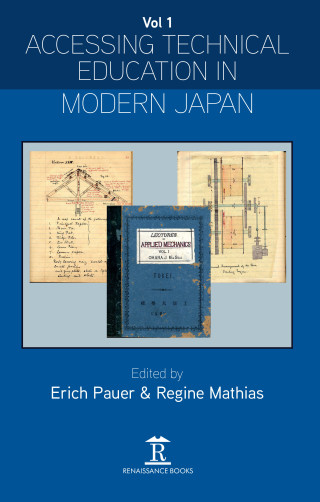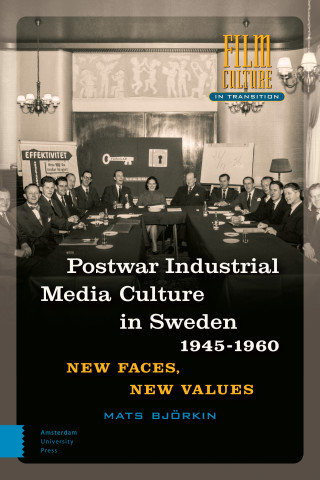Acknowledgements
Editors’ Notes on Translation
Introduction: Books, Craftsmen, and Engineers: The Emergence of a Formalized Technical Education in a Modern Science-based Education System, by Erich Pauer
1. The Translation of Technical Manuals from Western Languages in Nineteenth-century Japan: A Visual Tour, by Ruselle Meade
2. The Translation of Western Books on Natural Science and Technology in China and Japan: Early Conceptions of Electricity, by Christine Moll-Murata
3. Creating Intellectual Space for West-East and East-East Knowledge Transfer: Global Mining Literacy and the Evolution of Textbooks on Mining in Late Qing China, 1860-1911, by Chen Hailian
4. François Léonce Verny and the Beginning of the ‘Modern’ Technical Education in Japan, by Nishiyama Takahiro
5. The Role of the Ministry of Public Works in Designing Engineering Education in Meiji Japan: Reconsidering the Foundation of the Imperial College of Engineering (Kobu-dai-gakko), by Wada Masanori
6. From Student of Confucianism to Hands-on Engineer: The Case of Ohara Junnosuke, Mining Engineer, by Erich Pauer
7. The Fall of the Imperial College of Engineering: From the Imperial College of Engineering (Kobu-dai-gakko) to the Faculty of Engineering at Imperial University, 1886, by Wada Masanori





